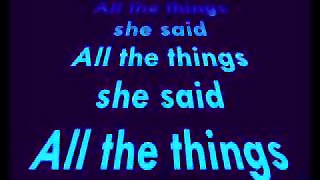This is what I contributed:
Misha's Greatest Gift
by H.S. Kallinger, author of the Lost Humanity series
“What have you
done, Mr. Collins?” Her majesty stared at the expansive tank in
front of her.
“You said that
your greatest wish was to commission the most amazing, intelligent
creature in the world,” Misha answered, confused by her reaction.
“You wanted to be remembered forever. Well, an elephant never
forgets.”
“This is not an
elephant!” The Queen of England gestured emphatically at the grey
beast settling to the toy-strewn, sandy bottom of the enclosure.
Misha followed her
gaze. What some might describe as 'monstrous,' the beast had an
obvious intelligence shining from her black eyes. He found her
beautiful. Each tentacle felt around its environment with care.
“It's your
elopus, your majesty. We've given you your dream.”
“Dream?”
The elopus turned
to her, and in a sentient display, dipped down into a bow.
“Yes.” Misha
smiled. “Your greatest dream.”




